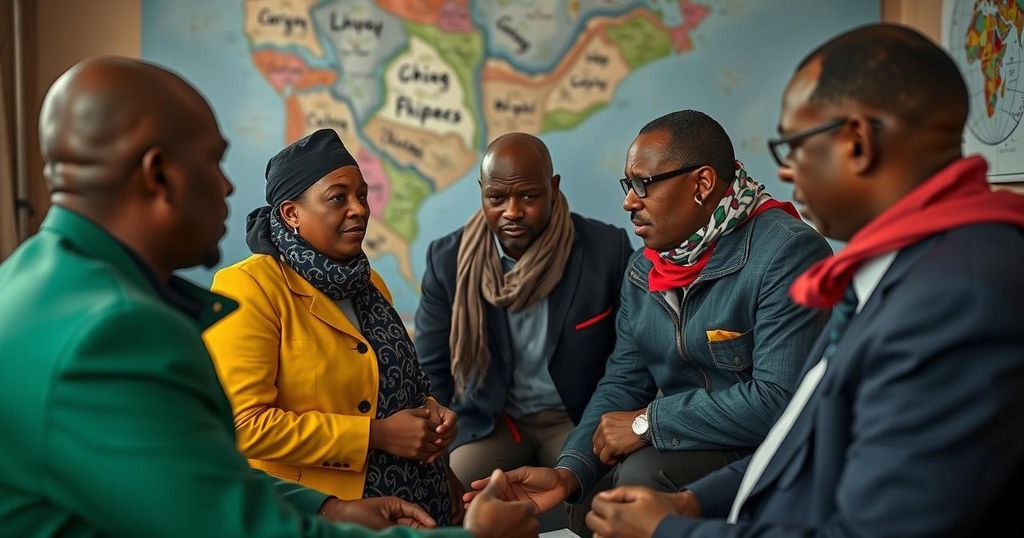Human Rights Watch has urged Ethiopia to take immediate action to protect Sudanese refugees who have fled warfare only to face violence and threats in their new host country. Since April 2023, thousands have sought safety but encountered severe abuses, prompting calls for the government to ensure their protection and for the international community to provide urgent assistance.
On October 17, 2024, Human Rights Watch (HRW) called upon the Ethiopian government to take swift measures to safeguard Sudanese refugees fleeing the ongoing conflicts in their homeland. Since April 2023, an influx of tens of thousands of Sudanese nationals has entered Ethiopia, seeking refuge from the brutal realities of warfare. Many initially found shelter in two camps situated in the Amhara region, where they were met with violence, including killings, beatings, and abductions perpetrated by local armed groups and militias. In July, to address the urgent safety concerns, Ethiopian authorities relocated a significant number of these refugees to a new camp. Unfortunately, this move has not alleviated their predicament; the recent escalation of hostilities between the government forces and the Fano militia has further exacerbated the risks faced by these vulnerable populations. Laetitia Bader, the deputy Africa director at HRW, highlighted the dire circumstances, stating, “These refugees have escaped horrific abuses in Sudan and came to Ethiopia seeking safety, not further threats to their lives. The Ethiopian government must ensure their protection.” The findings from HRW’s report, substantiated through interviews with both refugees and humanitarian workers, underscore a grim reality where armed groups continue to target refugees, and even Ethiopian security personnel have been recognized for their involvement in abuses, including violence and coerced repatriation to Sudan. One refugee conveyed a harrowing experience, sharing, “I was beaten five times in the ribs. My children were crying. They told us if we didn’t want to stay in Ethiopia, we should go back to Sudan.” HRW firmly asserts that forcing refugees back to Sudan contravenes international legal statutes, as do any forms of violence against civilians or refugee camps. The organization has urged all conflict participants to uphold human rights practices and ensure unimpeded access for humanitarian aid. Bader reiterated the call for protective measures, stating, “The Ethiopian government must uphold its obligations to protect refugees and relocate them away from the conflict zone. The international community needs to step up and provide increased support to ensure these refugees receive the urgent assistance they need.”
The ongoing conflict in Sudan has forced many citizens to flee their homes in search of safety, leading to a significant refugee crisis in neighboring countries, notably Ethiopia. The influx of refugees has led to humanitarian challenges and increased tensions, particularly in regions already facing ethnic and political conflicts. The report by HRW highlights the plight of these refugees, who fled violence only to face additional threats and abuses in their host country, as well as the responsibilities Ethiopia bears under international law to protect those seeking asylum.
In summary, the appeal from Human Rights Watch compelling the Ethiopian government to enhance protections for Sudanese refugees underscores the urgent necessity for immediate humanitarian intervention and adherence to international laws governing the treatment of refugees. As hostilities in the region continue to escalate, it is critical for both the Ethiopian government and the international community to collaborate effectively to ensure the safety and wellbeing of those who have fled from violence.
Original Source: sudantribune.com






